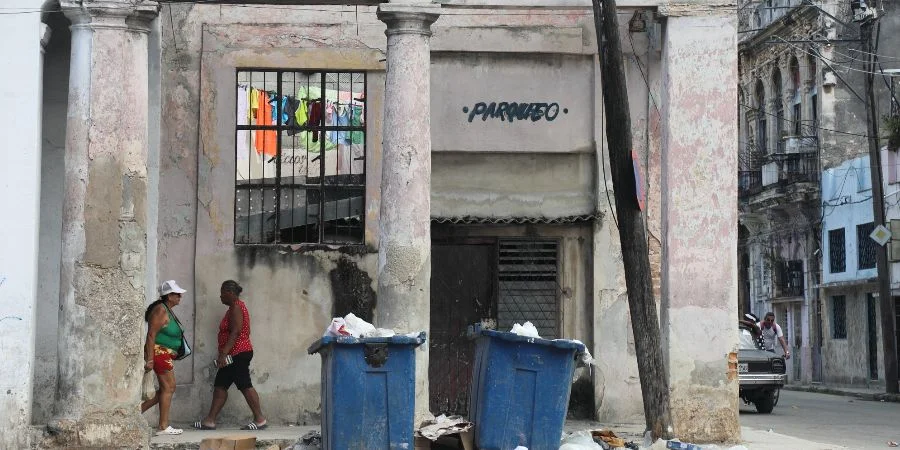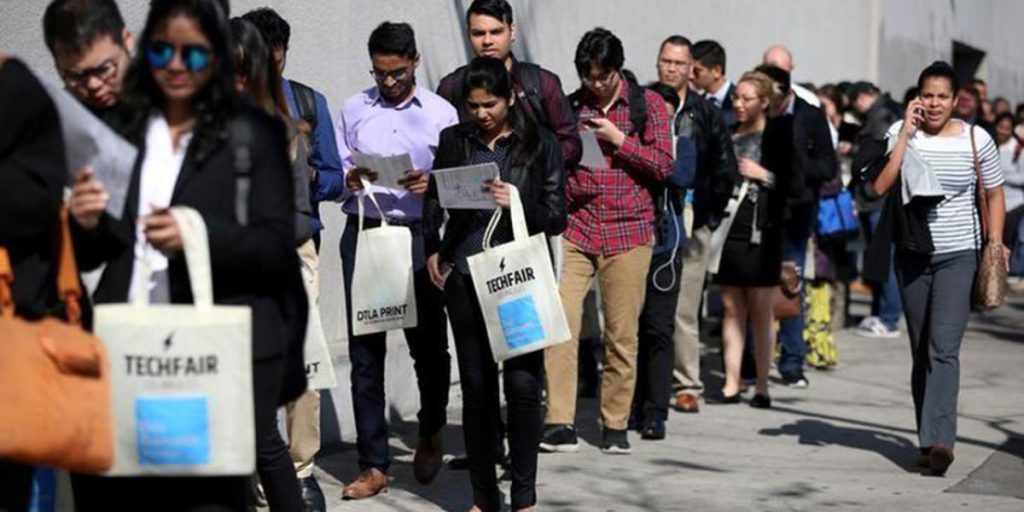MIAMI, United States. – A worker from the Russian company Rosneft he assured the press of his country that a trip to Cuba on your own can be “very expensive” and that, above all, it requires living with the marked differences between a “paradise for tourists” and the precariousness that Cubans face in their daily lives.
The tourist, who chose not to identify himself, visited Cuba in the first days of November of this year thanks to a Rosneft program that offers almost free trips to its workers.
According to his testimony, “when you find yourself there [en Cuba] For the first time, it surprises you, as if you have landed in a kind of tropical Soviet Union: old Soviet and European cars, scarcity and products by the book.”
The visitor noticed that, while dishes such as lobsters and exquisite cheeses abounded in tourist restaurants, “Cubans barely have access to that food.”
According to him, Cuba has been living “under the same revolutionary slogan for more than 50 years: Homeland or Death,” but with shortcomings in almost all areas: “Salaries are around a few dozen dollars a month and items like a package of diapers They can cost up to $45.” He added that in local supermarkets “there may be only one product on the shelves; It is something very common there,” he said, while the shops exclusively for tourism tend to be better stocked.
The Russian traveler also perceived the impact of the centralized economy: “Everything there for tourists belongs to the State and whoever tries to open their own business must give up 51% to the public administration,” he said. This boosts activity in the informal market, since “many people are dedicated to selling souvenirsorganizing excursions, prostitution or selling drugs, despite the fact that sentences in Cuba can reach up to 30 years in prison.
The tourist also stated that he was on the Island during the passage of the Hurricane Rafael in the west of the country and that they had to move him to another hotel because his “was left without electricity or internet.”
Criticism from Russian tourists about the situation on the Island is common in the Asian country’s press. In May of this year, Elena Liseykina, a Russian tourist who spent 16 days in Cuba, said in an article from your personal blog that he had spent approximately one million rubles (about 13,500 USD) during his trip and that he did not plan to return to the Island.
Among the limitations he faced, he says that in his hotel there were no facilities to prepare tea, a drink he consumes daily.
He also lamented the perceived lack of effort in the services received on the Island: “In Cuba you have to tip first and then wait for them to put a clean towel in your room. And sometimes it doesn’t even appear.”
He also alluded to an incident at a five-star restaurant where the water served had a floating insect. “I was warned not to expect much in terms of service, but I never imagined things like this,” he said.
Liseykina concluded that although the Island had “a unique charm”, practical problems and the attitude of the services prevented her from fully enjoying her stay. “I liked the picturesque atmosphere of the Island and the old American cars, but the local disinterest and lack of desire to make an effort were very disappointing,” he lamented.
The Association of Russian Tour Operators (ATOR) reported, citing the Cuban Ministry of Tourism, that the flow of tourists from Russia to Cuba in 2023 increased 3.4 times compared to 184,800 Russians the previous year, thus surpassing the previous record. the pandemic.















